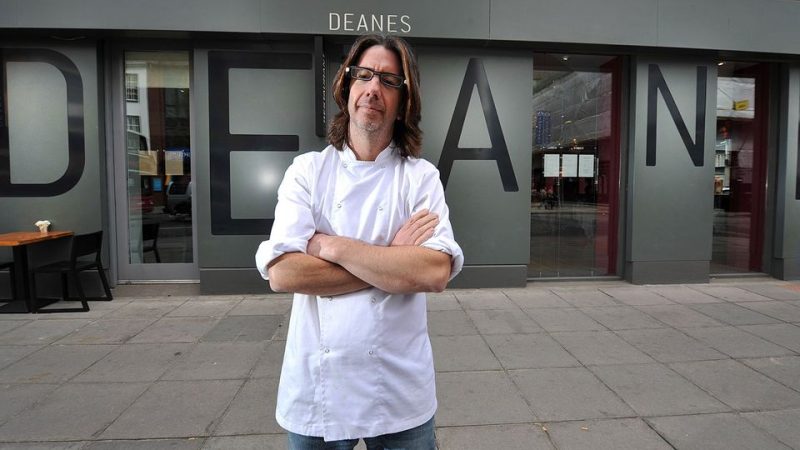Industry unfazed by red meat report

Local chefs and industry representatives have said that they don’t believe that a damning new report from the World Health Organisation (WHO) into the effects of eating red and processed meat will have any lasting effect on the hospitality industry here in Northern Ireland.
The report claims that eating 50g of processed meat a day – the equivalent of about two slices of bacon – could increase the chances of developing bowel cancer by up to 18 per cent.
The ‘carcinogenic to humans’’ classification which the report has given processed meat is the highest of five possible rankings. It puts processed meat into the same category as alcohol, asbestos, arsenic and cigarettes.
But Will Brown, head chef and proprietor of The Old Schoolhouse Inn, Castle Espie, isn’t at all concerned by any fall-out from the report:
“My honest view on this kind of things is that when reports like this come out, we should just keep on doing what we are really good at, cooking great food from local farmers,” he told LCN. “It’s not going to change the way I do my cooking and I’m sure that’s true for most other chefs too. There is so much this around now and you hear of so many things that are supposed to be bad for you.
“All of this research on red meat is interesting, but I don’t think it’s going to really faze too many people.”
In the north-west, chef and author, Emmett McCourt also believes that we should be cautious when approaching controversial findings such as those published by the WHO:
“Look at the situation with butter,” said Emmett, founder of the award-winning Irish Food Heritage Project. “This was always regarded as a fatty food which wasn’t very good for you, yet recently, scientists have come out and told us that they got it wrong. So I think you have to take these findings with a pinch of salt”
Emmett, who recalled similar claims being made some years ago in relation to bacon and cooked ham, said that he believed there was no substitute for a varied and balanced diet:
“For years now, people have been eating much less processed food anyway, they are being much more responsible about their diets, so I think that long term, this report is unlikely to have a lasting effect on people’s habits.”
But Moira-based meat wholesaler, Peter Hannan said that he felt the report contained claims where were “very unfair” and “very unspecific”:
“The report claims that bacon is bad for you – but what type of bacon?”
“There are 40 different types, from the very pure, mildly-cured – which is minimally-processed and has very few additives – to poor quality types which may be pumped with up to 30 per cent of added ingredients,” he said.
Mr. Hannan said that he felt statements such as that released by the WHO should be more specific and that making “generalised statements” which claimed that all types of a certain food were bad for your health was “irresponsible”.







